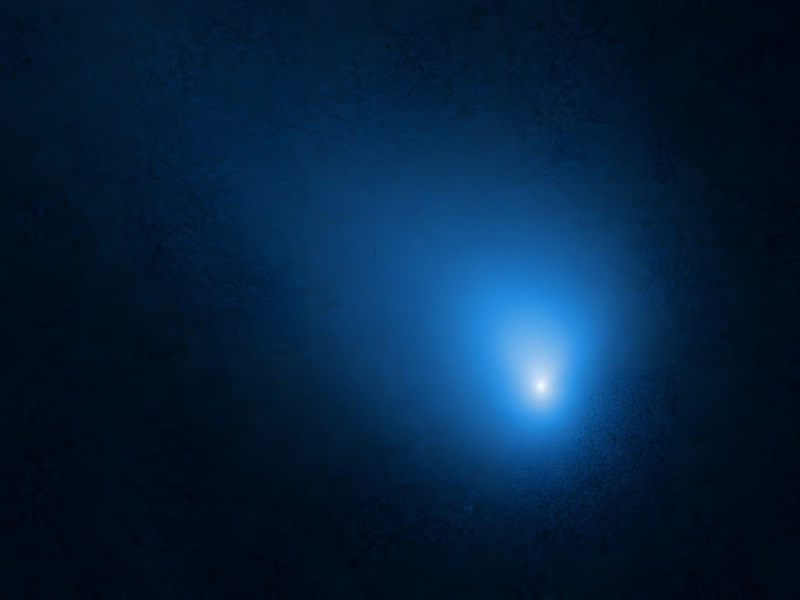Discovery: 2I/Borisov Found Year: 2018 Discoverer: Sergey Borisov Location: N/A 2I/Borisov is recognized as the second interstellar object to enter our Solar System, following ϻOumuamua, and is the first known rogue comet. It was discovered by Gennadiy Borisov, a Crimean amateur astronomer and telescope manufacturer, in August 2019.
Key Characteristics: Interstellar Origin: This comet is not gravitationally bound to the Sun, indicating its origin from outside our Solar System. Ecliptic Passage: 2I/Borisov traveled through the Solar System's ecliptic in October 2019, providing a unique opportunity for study. Significance The discovery of 2I/Borisov offers valuable insights into the composition and behavior of interstellar objects, enhancing our understanding of the formation and evolution of comets.
Conclusion 2I/Borisov serves as a significant example of interstellar exploration, contributing to our knowledge of celestial bodies beyond our Solar System and the dynamics of rogue comets.

Discovery: Comet 2I/Borisov Credit: ©NASA, D. Jewitt/Wikimedia, and ESA In November 2019, scientists from Yale University discovered that the tail of Comet 2I/Borisov is an astonishing 14 times larger than Earth. This observation highlights the immense scale of interstellar comets and serves as a reminder of Earth's relatively small size in comparison to such cosmic visitors.
Key Insights: Tail Size: The vast tail of 2I/Borisov underscores the dynamic nature of comets and their ability to produce significant features as they approach the Sun. Perspective: The findings evoke a sense of humility regarding Earth's place in the universe, emphasizing the grandeur of interstellar phenomena. Significance The size of 2I/Borisov's tail provides critical data for understanding the behavior of comets, particularly those originating from outside our Solar System.
Conclusion Comet 2I/Borisov not only enriches our knowledge of rogue comets but also offers a profound perspective on the scale of celestial bodies in the universe, reminding us of the vastness beyond our planet.